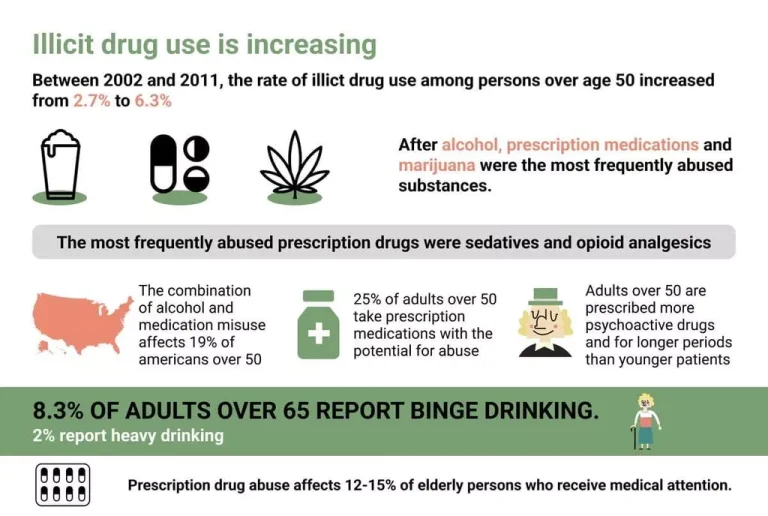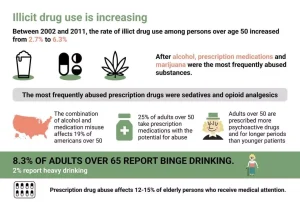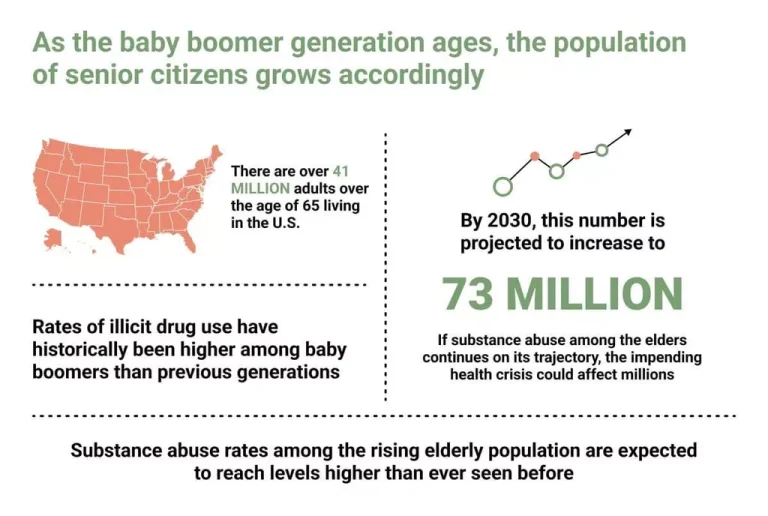
They seem to lose fewer inhibitions and tolerate alcohol for longer before they pass out. The environment in which people live and work heavily affects their attitudes and drinking behaviors. Too much alcohol affects your speech, muscle coordination and vital centers of your brain. This is of particular concern when you’re taking certain medications that also depress the brain’s function. According to the DSM-5-TR, the more relatives you have living with AUD and the closer they are to you in relation, the higher your individual genetic risk becomes.
Is Alcohol Addiction Genetic?

Counseling and support can help tackle social and environmental factors that could contribute to an alcohol problem in the future. If you or a loved one has already developed a problem, there are outpatient and inpatient programs that can help. Among those abusing alcohol, people who are genetically predisposed to alcoholism have a higher risk of developing an alcohol use disorder. Although people can inherit alcoholic tendencies, the development of an alcohol use disorder is also dependent on social and environmental factors. Some who have inherited genes making them susceptible to alcoholism are responsible drinkers or never take a drink in their life.
Is Alcoholism Genetic?
- Alcohol tolerance allows escalation of drinking and eventually development of addiction.
- A child living with an alcoholic parent may experience a chaotic, disruptive and even harmful environment, and this can contribute to the development of a substance use disorder.
- Listen to relatives, friends or co-workers when they ask you to examine your drinking habits or to seek help.
- However, scientists also argue that genetics play a significant role in the risk of developing alcoholism and the likelihood of hereditary effects.
In the 4th edition of the DSM (DSM-IV), alcohol dependence (AD) and abuse were considered as mutually exclusive diagnoses that together made up AUDs. DSM-V14, 15 on the other hand consolidated AD and abuse as a single disorder as AUD15,16. By considering AD and abuse under single umbrella increased the number of diagnosed subjects, but this number was still not large enough to design powerful GWAS studies. Therefore, many genetic studies of alcoholism also concentrated on nonclinical phenotypes, such as alcohol consumption and Alcohol Use Disorders Identification Test (AUDIT)17–19, from large population based cohorts. The AUDIT, a 10-item, self-reported test was developed by the World Health Organization as a screen for hazardous and harmful drinking and can be used as a total (AUDIT-T), AUDIT-Consumption (AUDIT-C) and AUDIT-Problems (AUDIT-P) sub-scores.
Genetics and Alcoholism: Is Alcoholism Genetic or Hereditary?
The journal Nature Reviews Gastroenterology and Hepatology reports that several genes have been isolated as potential contributors to the hereditary nature of alcoholism. Family, twin, and adoption studies have shown that alcoholism definitely has a genetic component. In 1990, Blum et al. proposed an association between the A1 allele of the DRD2 gene and alcoholism. The DRD2 gene was the first candidate gene that showed promise of an association with alcoholism. With current review, we aim to present the recent advances in genetic and molecular studies of AUDs.
- Different animal models can be utilized to optimally study these two aspects of alcohol consumption.
- The disease can begin with regular consumption of small amounts, and people may be oblivious to frequent intoxication.
- Counseling and support can help tackle social and environmental factors that could contribute to an alcohol problem in the future.
- Your genetics can influence how likely you are to develop AUD, but there’s currently no evidence of a specific gene that directly causes AUD once you start drinking.
Alcohol is one of the most commonly consumed psychoactive substances in the world. It is, however, an addictive substance, and problematic use can lead to both alcohol dependence and the onset of alcoholism. Majority of genomic data for large alcohol consumption and AUD meta-analysis was either from UKBiobank or from Million Veterans Project. Several other cohorts from dbGAP also contributed to large sample size of alcohol consumption GWAS by Liu et al, 2019.
In the 170 years since the term “alcoholism” was first classified as a behavior, problematic drinking has been a widely studied condition to settle the nature versus nurture argument. Just as risk factors increase your chance of experiencing a condition, protective factors lower your risk. Some protective factors, such as natural optimism, may remain fixed over time. Other factors, such as friend groups and level of financial security, may be subject to change. The more genetic factors you have, the higher your risk may be of having AUD.
The Genetic Link: Hereditary Factors in Alcoholism and How it Affects You

Taking their first drink earlier puts them at risk of future problems with alcohol. Research has shown that those who begin drinking between the ages of 11 and 14 are significantly more likely to develop alcohol addictions than those who have their first drink at age 19 or later. For example, a review of 12 different adoption and twin studies found that genetics is alcoholism inherited explain roughly 50% of alcohol use disorder developments, showing a strong link between alcoholism and genetics.
Medical Professionals
Physical, psychological, and sexual violence combined with addiction in the family of https://ecosoberhouse.com/ origin are significant risk factors. Physically, doctors have seen adolescents with a family history of alcoholism to have a smaller amygdala (emotional center in the brain) that may affect substance-based cravings. Some underlying genetic issues can lead to alcoholism or increase the likelihood of drinking becoming a problem. Remember, research has shown that genetics are responsible for about 50% of the risk a person has for developing alcohol use disorder. The long arm of Chromosome 7 contains the acetylcholine receptor gene CHRM2 (cholinergic muscarinic 2 receptor). The journal Genes, Brain and Behavior publishes that this gene has been linked to a heightened risk of alcoholism.

One of the largest twin studies on alcoholism done to date was performed by researchers at the University of Queensland and the University of Washington, Psychology Today reports. This study showed a genetic predisposition of 50 percent in male identical twins and 30 percent in female twins. It is still held that genetics accounts for about half of the risk of alcoholism. Environmental, behavioral, and social aspects are thought to account for the other half.
